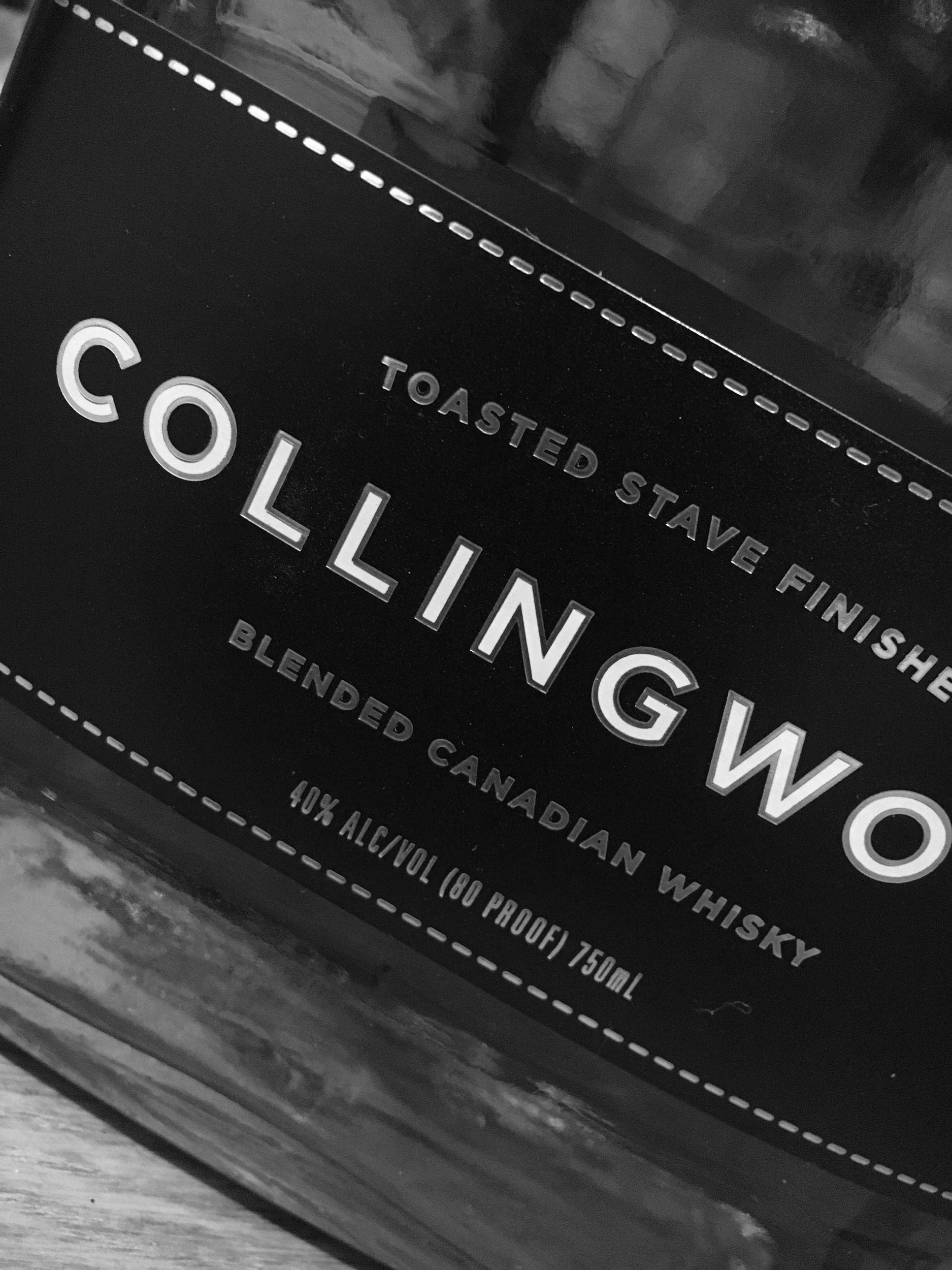I've said it once and I'll say it again: the $20 price point is a gamble. You either end up with a bottle you can enjoy without worry, or you end up with a whole lot of something crappy which will inevitably sit around for years. This is one of those latter moments.
The most damning thing I can say about Collingwood is that it's another one of those Canadian whiskies that ends up proving the rule rather than standing out as the exception. There are good Canadian whiskies to be sure—even stupendous ones. And then there are bottles like this one that, unfortunately, check almost all of the boxes of why people look down on the category.
“Collingwood is utterly representative of the kinds of Canadian whiskies that underwhelm.”
First, it's sweet—and not in a good way. There's a very cloying kind of foundation that can best be described as maple or butterscotch, but is ruined wholly because it tastes like synthetic maple or butterscotch. If you've ever mistakenly grabbed a sugar-free caramel from that candy tin at grandma's house, you know what I'm talking about: your taste buds basically begin to mutiny halfway through the experience. What begins with, "Hey, all right!" rapidly turns into, "What the hell is going on?!" When sticky-sweet flavors morph into sour and chemical-heavy tastes, it's hard not to emerge feeling like the victim of some gustatory practical joke.
Second, Collingwood is weak. Maybe the watery arrival is doing me a favor considering the flavors on the development aren't good, but this is again utterly prototypical of how Canadian whiskies can underwhelm. The category has a reputation of being known as "whisky flavored vodka," and Collingwood certainly digs that hole a few inches deeper. Until it tastes bad, it doesn't taste like anything.
Third, there's some fuckery going on. Canadian whisky allows some bullshit as a categorical rule: so long as what you're introducing is some kind of alcohol and has been aged for at least two years, a staggering 9.09% of the bottle can be made of non-whisky additives. Usually distillers opt for neutral grain spirits, because they're dirt cheap. I don't know what's precisely going on in this bottle and where in the production process the ethanol reek comes from, but this isn't exactly a craft outfit: According to Chip Dykstra, the way that Collingwood is able to claim a status of being "maplewood finished" is by throwing some toasted staves of maple into a stainless steel vat. Yum!
In reading what I could about Collingwood, I learned that the juice can charitably be described as a fancy version of Canadian Mist. I've been historically willing to give Canadian Mist a pass (a review for another day) because it's by far the most inoffensive whisky I've ever tasted. It's almost comical how unaggressive and formless Canadian Mist is, and I assume it's by design. If so, I say kudos. But egads—is this what it's like when the same distillery turns up the volume knob?
Collingwood's sole positive is an attractive-looking package. Its squat little bottle is pleasing to the eye, and its clean lines and tidy graphic design carry the implication of quality and care. That's the sole reason it ended up in my cart. After throwing a twenty at this stuff, I can tell you the bottle's exterior is signing checks the liquid can't cash. The world doesn't need more shitty Canadian whisky, and you don't either.


